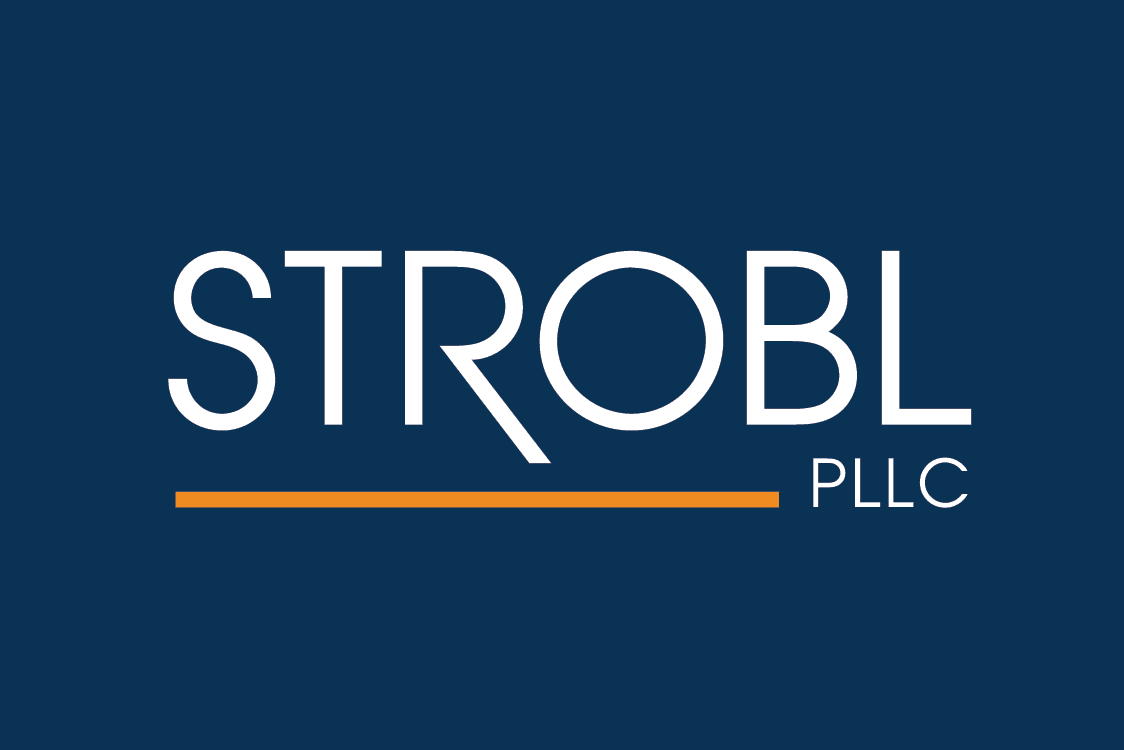As 2020 (finally) comes to a close, it’s time to start thinking strategically about minimizing your company’s tax liability. While COVID-19 has affected some industries more than others, all small business owners will benefit from doing a little research on potential tax deductions before meeting with a tax professional this year.
Purchase business equipment. Taxpayers purchasing equipment may make an election which allows them to expense otherwise depreciable business property, including computer, software and qualified real property. For 2020, taxpayers may choose to expense up to $1,040,000 of equipment costs. In addition, careful timing of equipment purchases can result in favorable depreciation deductions in 2020. In general, under the “half-year convention,” taxpayers may deduct six months’ worth of depreciation for equipment that is placed in service on or before the last day of the tax year.
Take advantage of a lower tax rate. Taxpayers reporting on a cash basis that are expecting profits to be lower than normal in 2020 resulting in a lower tax rate may want to consider pulling ahead some of next year’s receivables while delaying some 2020 deductions.
For example:
- Incentivize customers to pay invoices due in January 2021 early (before December 31, 2020), and
- Delay 2020 holiday bonuses for employees until January 2021
Utilize the employee retention credit. Under the Coronavirus Aid, Relief, and Economic Security Act (CARES Act), an employer may be eligible for the employee retention credit if, during an applicable calendar year, the employer’s business was fully or partially suspended due to orders from an appropriate governmental authority or suffered a significant decline in gross receipts. The credit applies to qualified wages paid (and certain health insurance costs) to retained employees after March 12, 2020 and before January 1, 2021. The maximum credit with respect to any retained eligible employee is $5,000. Employers participating in the Paycheck Protection Program are not eligible for this credit.
Cash in on previous business losses. As a result of the CARES Act, certain small businesses are permitted to apply a net operating loss from 2018, 2019, or 2020 to income from the last five years for an immediate refund. The qualifying deduction can be taken by:
- Carrying it forward and applying against future taxes, or
- By amending previously filed returns
Defer payroll taxes. The CARES Act allows businesses to delay payment of the Social Security portion of their payroll taxes (6.2%) incurred between March 27, 2020 and December 31, 2020. Employers will owe half of the deferred amount by December 31, 2021 and the other half by December 31, 2022.
Fund retirement savings plans. Consider setting up or contributing to a retirement savings account.Small business owners have options for both personal and employee retirement plans, some of which are specifically designed for small business owners, and all of which could provide tax deductions for personal contributions as well as those made on behalf the businesses employees.
Options like IRAs, SEP IRAs and 401(K)s offer a variety of set-up options and contribution limits so a tax expert should be consulted for details before making a choice. Also, while many retirement savings plans allow contributions until the 2020 tax filing deadline (April 15, 2021 plus any extensions), some do require that the fund be established by December 31, 2020 for eligibility.
Donate to charities. A charitable contribution deduction is available to businesses. A corporation is generally allowed to deduct charitable contributions up to 10% of its taxable income. Under the CARES Act, the corporate limitation is increased to 25% of taxable income for contributions made in calendar year 2020. Contributions bypass-through entities are allocated to individual equity interest holders and are subject to the individual’s limitations. An individual is generally allowed to deduct charitable contributions up to 60% of adjusted gross income. Under the CARES Act, the individual limitation is increased to 100% of adjusted gross income for cash contributions made in calendar year 2020. Further, the CARES Act creates a temporary above the line deduction for up to $300 in cash contributions.
Strobl PLLC is a team of experienced and trusted lawyers that can advise on all legal tax matters. For more information, visit Strobl online at www.stroblandsharp.com or on LinkedIn.


